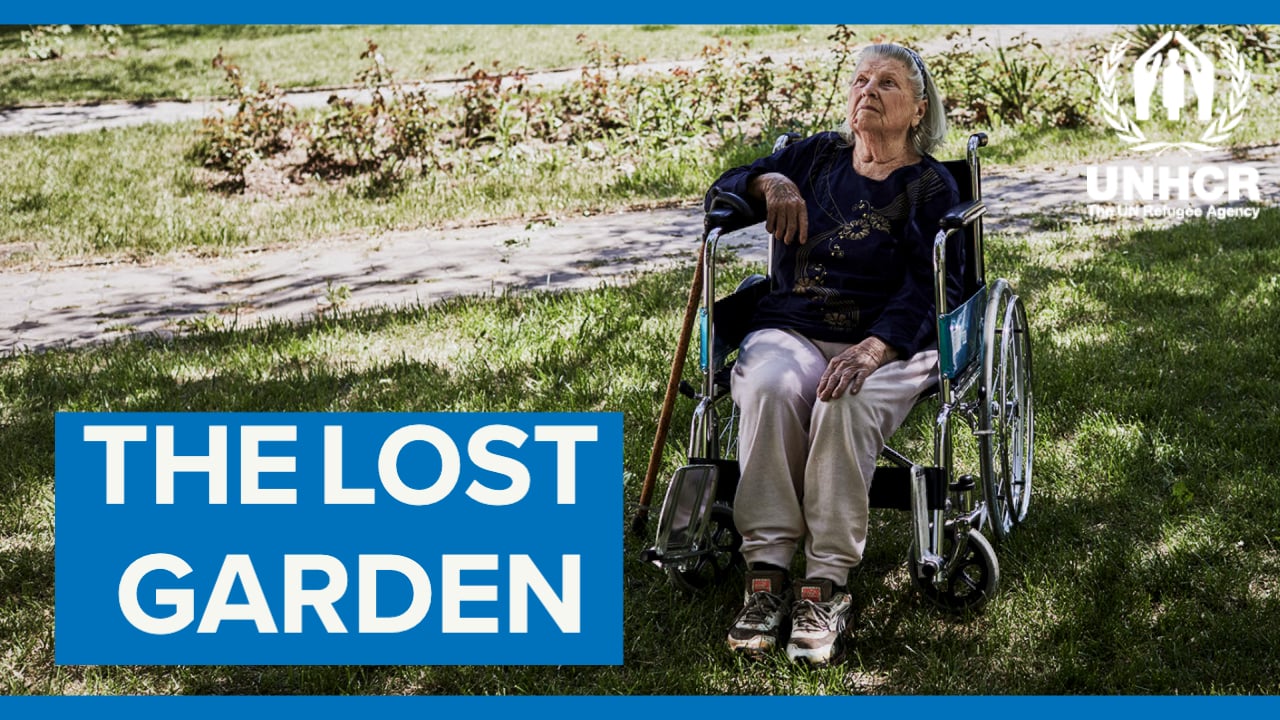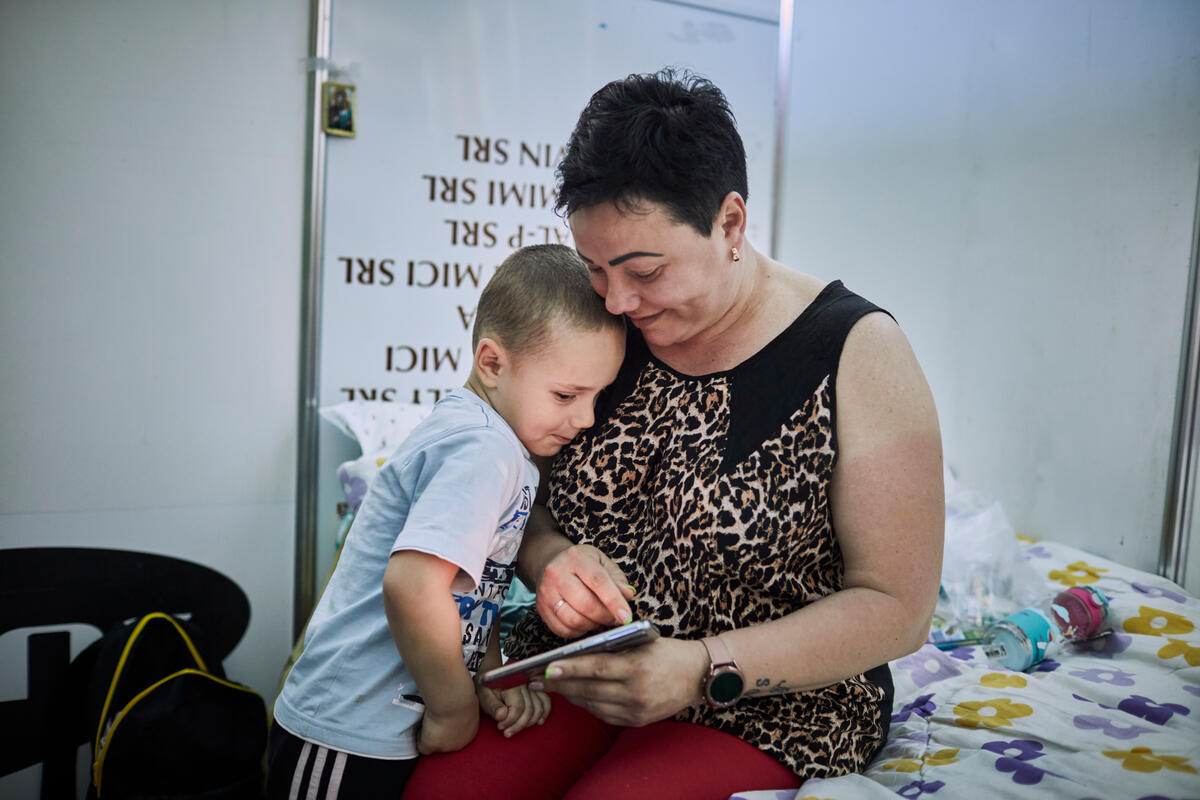Bodies found dead in a truck near border, while asylum seekers flow into Hungary
Bodies found dead in a truck near border, while asylum seekers flow into Hungary
We are deeply shocked and saddened at the grim discovery yesterday of the bodies of up to 70 people inside a truck abandoned near the Austrian border with Hungary. Austrian police say that they believe the truck came from Hungary and entered Austria on Wednesday night or early on Thursday morning, and that the victims might have been dead for one or two 2 days. Their identity is still unknown but it is presumed that they were being transported by smugglers.
After establishing that there were no survivors, the truck was closed again by the police and moved to another location for further investigations. Police said that they counted at least 20 bodies but the actual number is likely to be much higher.
This tragedy underscores the ruthlessness of people smugglers who have expanded their business from the Mediterranean sea to the highways of Europe. It shows they have no regard for human life and are only after profit. It also the desperation of people seeking protection or a new life in Europe. UNHCR hopes this incident will result in strong cooperation among European police forces, intelligence agencies and international organisations to crack down on the smuggling trade while putting in place measures to protect and care for victims. UNHCR reiterates its call to European countries to approach the refugee crisis in a spirit of solidarity and cooperation and to provide those seeking safety in Europe with safe legal alternatives to dangerous irregular voyages. These legal avenues include resettlement or humanitarian admission programs, flexible visa policies and family reunification.
This week, the Hungarian border police have been intercepting more than 2,000 people crossing the border from Serbia every day. On Wednesday, police reported 3,241 new arrivals, including 700 children. This is the highest number in a single day so far this year.
These people, a majority of whom are refugees from Syria, , many of them women and children, are coming in large groups of over 200 people, walking along the rail tracks or crawling under barbed wire, as work continues on a 175 kilometres long wall at the border between Hungary and Serbia. Fear of police detection makes many of them rush through the razor wires, sustaining cuts and injuries in the process. UNHCR staff at the border report that many people are arriving on wheelchairs pushed by relatives, while others are in need of urgent medical assistance..
The police take the new arrivals to a pre-registration centre in Röszke in southern Hungary, near the Serbian border and some 184 kilometres away from the capital, Budapest. The centre in Röszke does not offer adequate conditions for the exhausted, hungry and thirsty asylum-seekers who have spent many days on the road.
In Röszke, new arrivals are searched by the police and their details recorded, before being sent to registration centres, further inland. Asylum-seekers are kept in mandatory detention between 12 and 36 hours, and then handed over to the Office of Immigration and Nationality to process their asylum claims.
Hungary's four reception centres have a maximum capacity of 5,000 people. Overcrowding and long waits result in frustration for the asylum-seekers. The Hungarian police do not have social workers or enough interpreters in Arabic, Dari, Pashto and Urdu, which makes it hard to communicate with asylum-seekers.
Over 140,000 people sought asylum in Hungary so far this year, according to the latest official statistics, compared to 42,000 people last year. Most of those lodging asylum applications this year are nationals from Syria, Afghanistan, Iraq and Pakistan and they include around 7,000 unaccompanied children or separated from their parents.
Many refugees and migrants choose to leave Hungary for other countries in Europe. Every day up to 500 people sleep at the two main train stations in Budapest where volunteers look after their basic needs, including food, clothing and urgent medical attention, and where the city authorities give them access to sanitation facilities. In order to provide more adequate accommodation, the city authorities are planning to open a transit facility, with UNHCR's technical advice.
- For more information on this topic, please contact:
- In Budapest, Babar Baloch on mobile +36 30 530 9633
- In Vienna, Ruth Schoeffl on mobile +43 699 1459 5307
- In Geneva, William Spindler on mobile +41 79 217 3011








